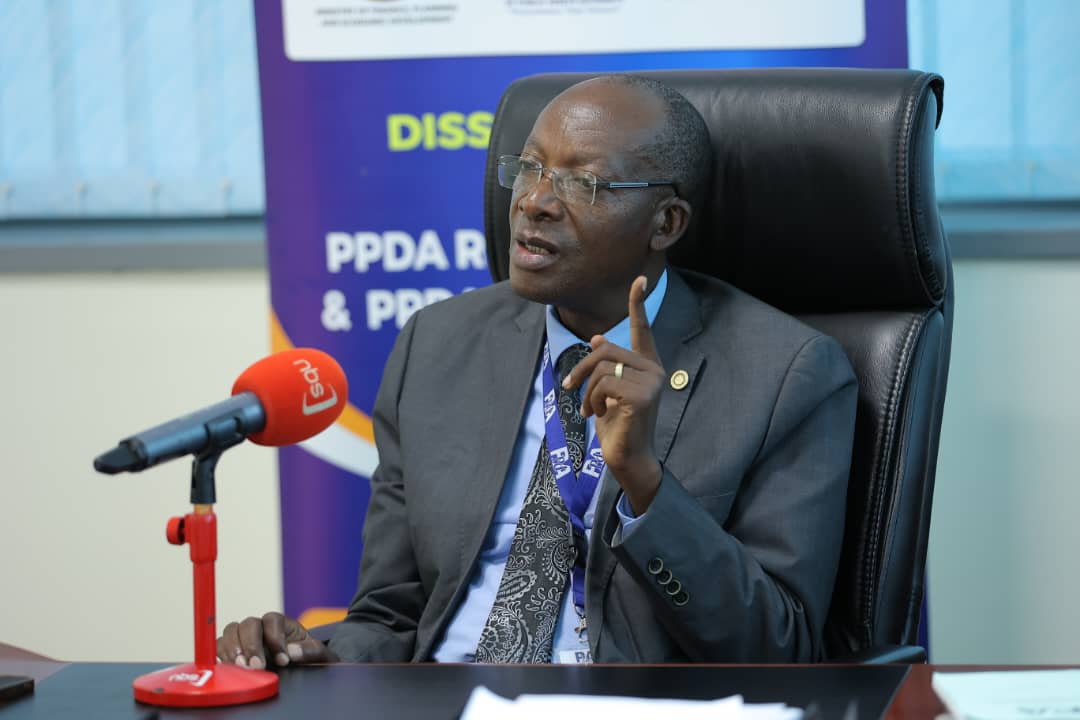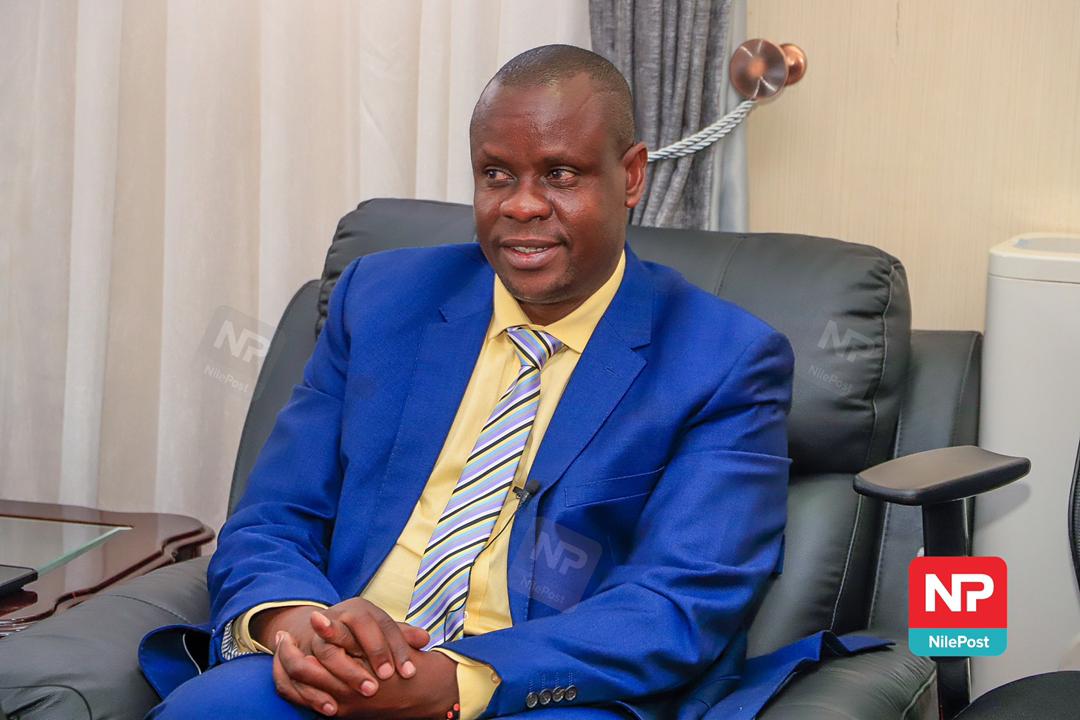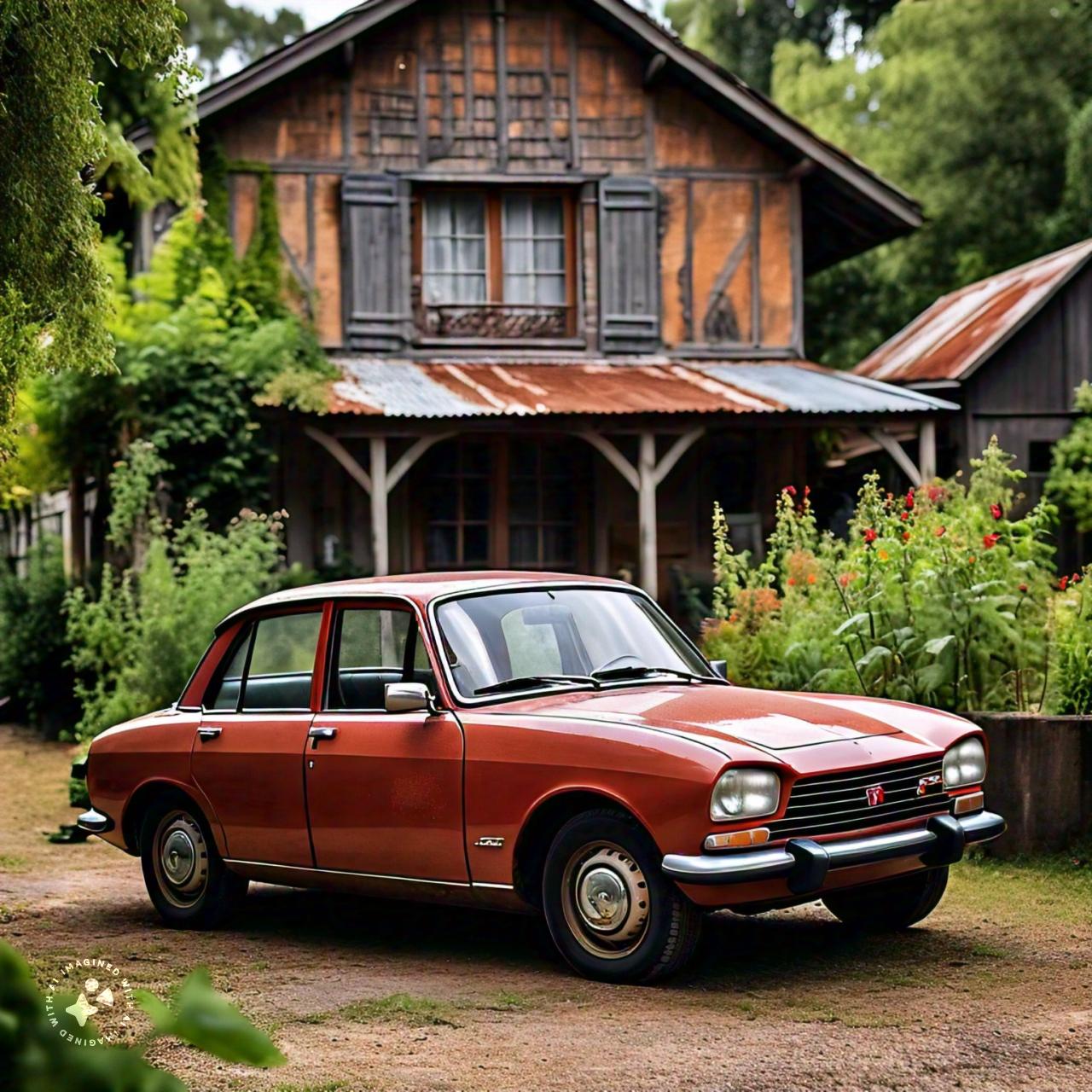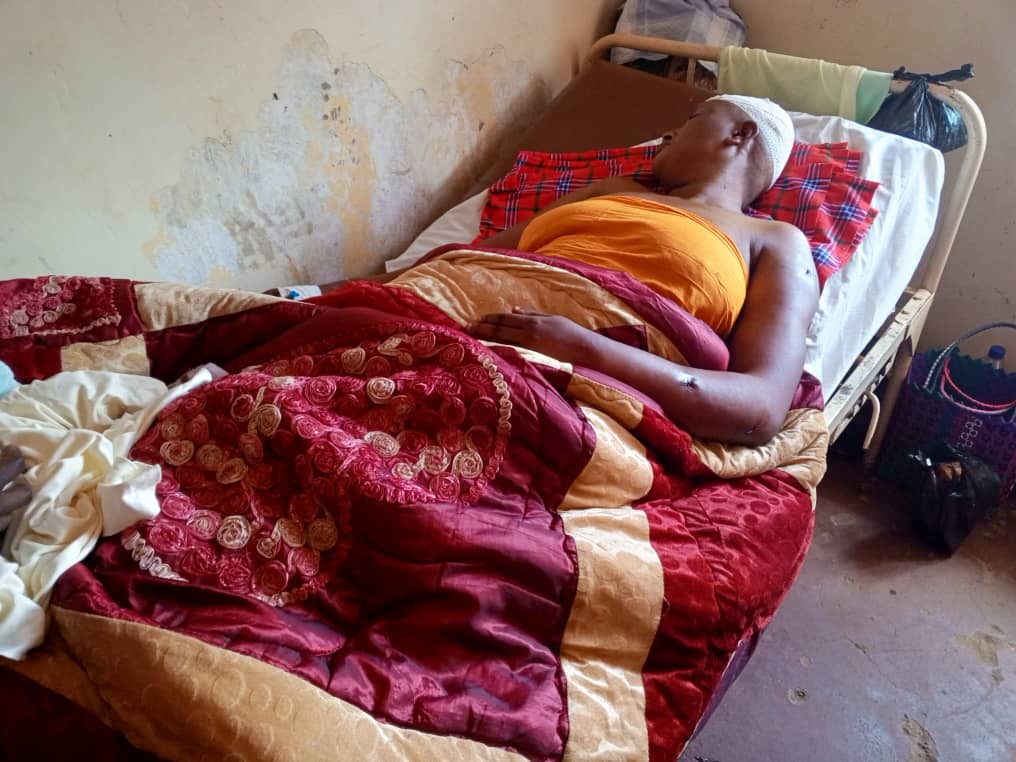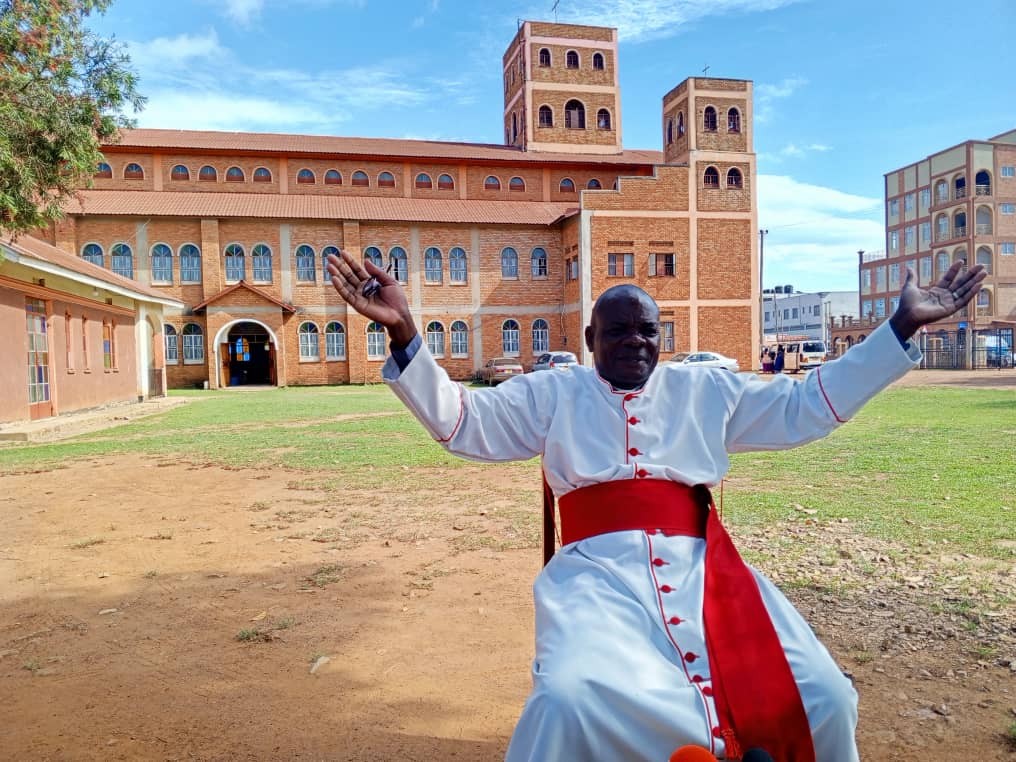Kabaka Mwanga: Fooled twice to hand over independence, conquered thrice
When Capt Frederic Lugard arrived in Buganda in December 1890, his intention was to conquer and administer Uganda through reducing Kabaka Leon Mwanga.
Mwanga well feared by all colonial masters had just signed a friendship treaty with Karl Peters on behalf of German East African Company which would save him from British invasion and help him fight his enemies.
Keep Reading
Lugard, however, meant business, and when he arrived at Mwanga’s court in Old Kampala on December 26, 1890, he put the Kabaka and his regents on gunpoint and asked them to sign a friendship treaty, less of which he would not hesitate to use his gun against them.
Mwanga and his regents signed the treaty giving Lugard Buganda friendship for two years. Unknowingly for Mwanga, the treaty would usurp his powers, he was not to control trade or involve in war and deal in arms. Even the revenue from Buganda produce would not go to Mwanga but to Lugard and his Imperial British East Africa Company.
When the two years were coming to a close, Lugard again tricked Mwanga into another treaty (the 1892 treaty) which was to put all Buganda in the protection of Britain under the IBEACO.
According to Apollo Makubiuya’s book; Protection, Patronage, or Plunder? British Machinations and (B)uganda’s Struggle for Independence, Lugard could not believe Mwanga had signed the agreement, he was certain the Kabaka did not understand what he accented to.
“No man if he understood it would sign it, and to say that a savage chief has been told that he cedes all rights to the company in exchange for nothing is an obvious untruth. If he has been told that the company will protect him against his enemies, and share in his wars as an ally, he has been told a lie, for the company have no idea of doing any such a thing and no force to do it with if they wished,” Lugard wrote in his diary, according to Apollo Makubuya’s book.
Lugard would later move his headquarters to Buganda just opposite Mwanga’s court and with support of protestants, he made Mwanga’s reign not worth anything. It did not take Mwanga long to see he had no single power, and thus started defiance, first by flying his flag high and above Lugard’s union jack and refusing to pull it down.
Mwanga also sought the support of the catholics whom he defended against Lugard and his protestant allies with the intention of bringing animosity, may be he would take Lugard to war and beat him there. Alas, he was in for a shock.
In the same year, Mwanga and Lugard went to their first war on 24th January 1982, also known as the infamous battle, a short but decisive one. It was the first time the white men were using machine guns against each other in the battle of influence in Buganda affairs.
The French Roman Catholics (WaFranca) took early positions on Rubaga and Mengo hills while the Waingeleza protestants took their position at Namirembe quite later and a fire exchange ensued. The French catholic would have won and indeed they were beaten by surprise when Lugard joined the protestants with the infamous Maxim gun.
Several bodies fell, Mwanga and his allies took off to Bilingugwe Island in Lake Victoria where no bullets would catch them. Lugard took it upon himself to finish Mwanga, sending his force to burn Mwanga’s court and massacre his loyalists in droves.
The act forced Lugard’s superiors to order for his withdrawal from the Interior Buganda. They argued that his actions were too expensive to maintain as he was driving the company into bankruptcy with his operations. Lugard returned to London and Mwanga regained control of Buganda, albeit temporarily.
On May 2, 1893, an imperial commissioner Sir Gerald Portal was sent to Uganda. Now Mwanga was once beaten while allying with the French, hence he was thirsty for an ally with the British. Mwanga very quickly courted Portal and the two entered a treaty of protection.
Again, Mwanga and his Ministers did not understand the agreement they signed, they had been hoodwinked by Britain naming Mwanga the King of Uganda, but the conditions in the agreement were far different, Mwanga once again was powerless and only a puppet to Britain as soon came to be seen.
To make matters worse, Mwanga’s own cabinet never sat in Lukiko under him but was controlled by a British representative. He was even arrested once or twice for illegal trafficking of goods within Buganda (his own territory). Indeed, Mwanga would later become dissatisfied with the agreements and in 1897, declared war with British…. It was too late.
The writer is a private contributor to the Nile Post









